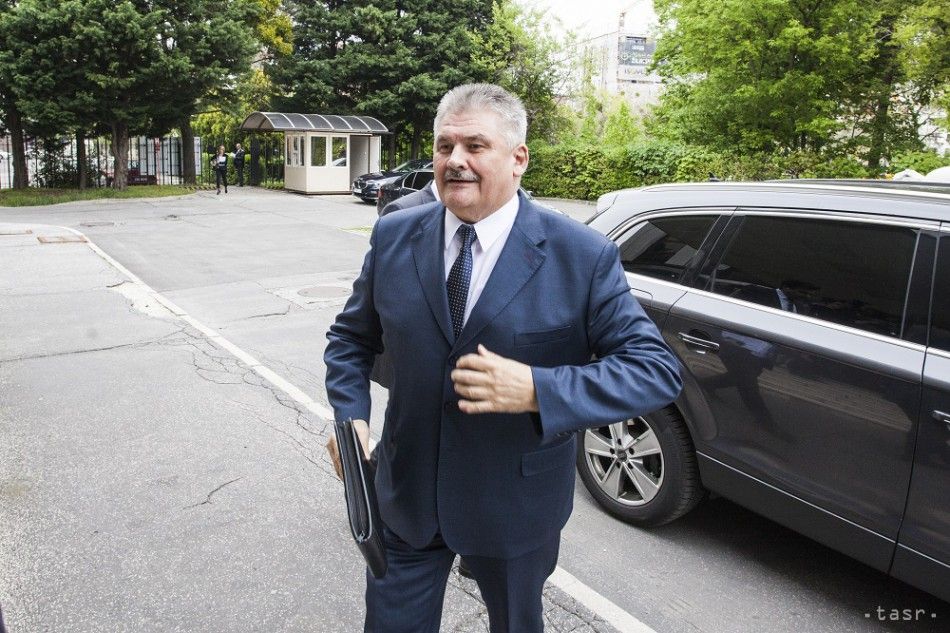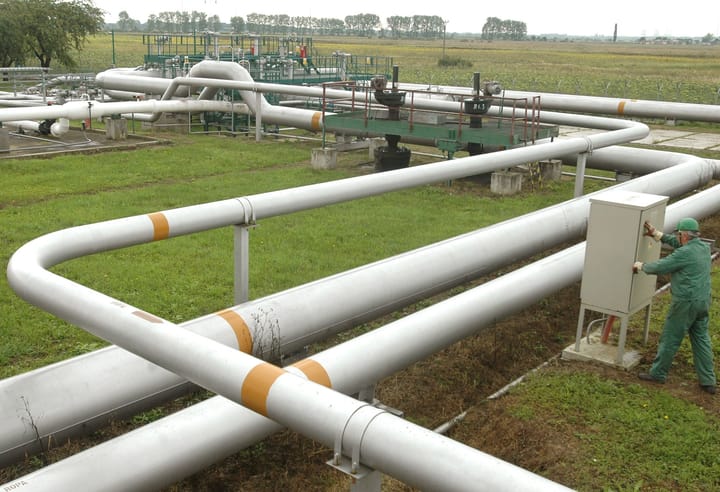Slovakia and Serbia to Cooperate in Uncovering Illegal Work

Bratislava, November 13 (TASR) – Slovakia and Serbia will cooperate more intensively in detecting illegal employment, as Labour, Social Affairs and the Family Minister Jan Richter (Smer-SD) and Serbian Minister of Labour, Employment, Veteran and Social Policy Zoran Dordevic inked a protocol on cooperation to this effect in Bratislava on Monday.
The document is aimed at suppressing the illegal employment of foreign workers in both countries. “Given the economic situation and current state of the labour market, we’ll be in need of skilled labour. We’re interested in providing suitable working conditions for citizens of Serbia, as well as social security in terms of accommodation,” said Richter at a joint press conference.
According to the latest statistics, there are currently 10,811 Serbian citizens working in Slovakia, of which 8,516 are authorised to work on the basis of a so-called information card, while 2,295 work on a permit issued by individual labour offices. “The vast majority is located in western Slovakia, in Bratislava region,” said the Slovak labour minister, adding that most Serbs are employed in the automotive and electrical engineering industries.
Richter went on to say that illegal work has been detected at 24 companies, with 12 other firms still being checked in this regard. The labour minister also said that it’s mainly various intermediary firms and agencies based in the Czech Republic, Poland and Hungary that are behind illegal employment. “Since we tightened up the law on temporary employment agencies in Slovakia, many have used the opportunity to set up a branch office in neighbouring countries in which legislation isn’t so stringent. Then they send us posted workers. So, it’s important for us to have information about people leaving Serbia in time,” said Richter, adding that another important element is to improve communication between labour inspectorates, labour offices and social insurance company Socialna poistovna in terms of employing people from third countries.
In line with a social security agreement between Slovakia and Serbia, as soon as an employee from Serbia comes to Slovakia, he or she is entitled to the same statutory guarantees stemming from the Slovak Labour Code as Slovak citizens. “This is our goal … in order to prevent social dumping and cheap labour,” said Richter.
The Serbian labour minister believes that cooperation in this regard will be beneficial for both countries. “Many citizens of Serbia want to work abroad, and they begin in Slovakia. Migration and mobility among people within Europe is a natural trend,” said Dordevic, adding that the Serbian Government wants all the processes related to this mobility to be raised to a higher level.



